…A grassroots climate action is transforming waste into wealth, reducing methane emissions, and empowering farmers and waste pickers in Lagos’ Epe community.
By Damilola Abiola
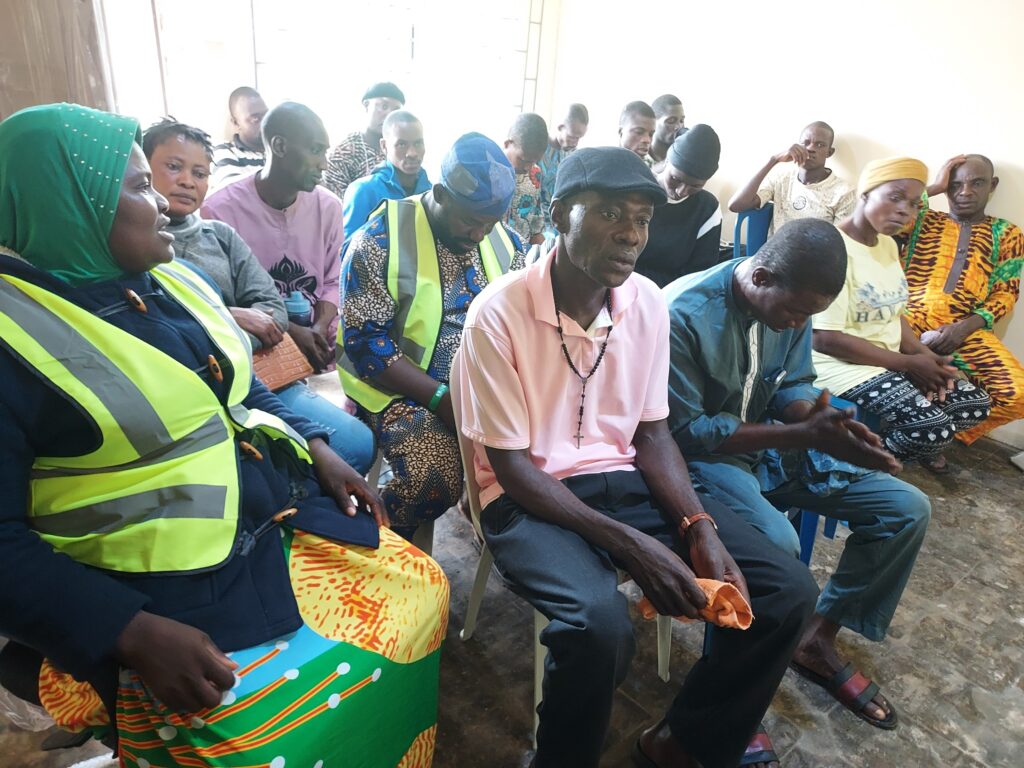
In the farming town of Epe, Lagos, a quiet but radical transformation is taking place, one that turns piles of household waste into a solution for climate change, income for residents, and organic support for local farmers. At the heart of this innovation is the Community Development Advocacy Foundation (CODAF) and its Multi-Solving Actions for Methane Reduction initiative, a model designed to cut methane emissions, reduce waste, and foster sustainable farming through a Material Recovery Facility (MRF).
“This is not just about managing waste. It’s about giving communities the tools to fight climate change and create economic opportunities from what they used to throw away,” said Onyeka Titigbe, CODAF’s Assistant Director of Campaigns.
WASTE TO WEALTH — LITERALLY
Unlike the typical “waste-to-dumpsite” practice that leaves communities choking on toxic emissions, CODAF’s MRF in Epe promotes a zero waste culture. The facility is designed to process up to 200 tonnes of waste weekly, carefully sorting plastics, textiles, paper, metal, and organic matter into useful streams.
“When you see smoke rise from dumpsites at dusk, that’s methane going into the atmosphere,” Titigbe explained. “It’s a potent greenhouse gas. But here in Epe, we’re proving that waste can be repurposed, reused, and monetised.”
Waste sorting begins either at home, with the help of trained Zero Waste Ambassadors, or at the facility itself. The sorted waste is then handed over to recycling partners, while organic waste is converted into rich manure using Black Soldier Fly larvae, a natural decomposer known for reducing methane emissions.
TRAINING THE CHANGE AGENTS
At the launch, more than 20 community members were trained and inaugurated as Zero Waste Ambassadors, local champions responsible for sensitising households, farmers, and waste collectors on waste segregation and sustainability.
Mrs. Aminat Shabi, a proud graduate and president of Epe’s Farmers Association, couldn’t contain her excitement:
“CODAF’s programme is a great blessing to our community. It’s not just about a cleaner Epe. It’s about job creation, organic farming, and empowering our youth. I’m already gathering my plastics and cartons to bring to the Waste-to-Wealth centre.”
Mr. Oladele Ismail Oluwaseyi, a livestock and fish farmer of over 10 years, echoed her enthusiasm:
“Epe is one of the cleanest areas in Lagos, and we intend to keep it that way. This project gives us a reason to be proud, to protect our environment and even earn while doing it.”
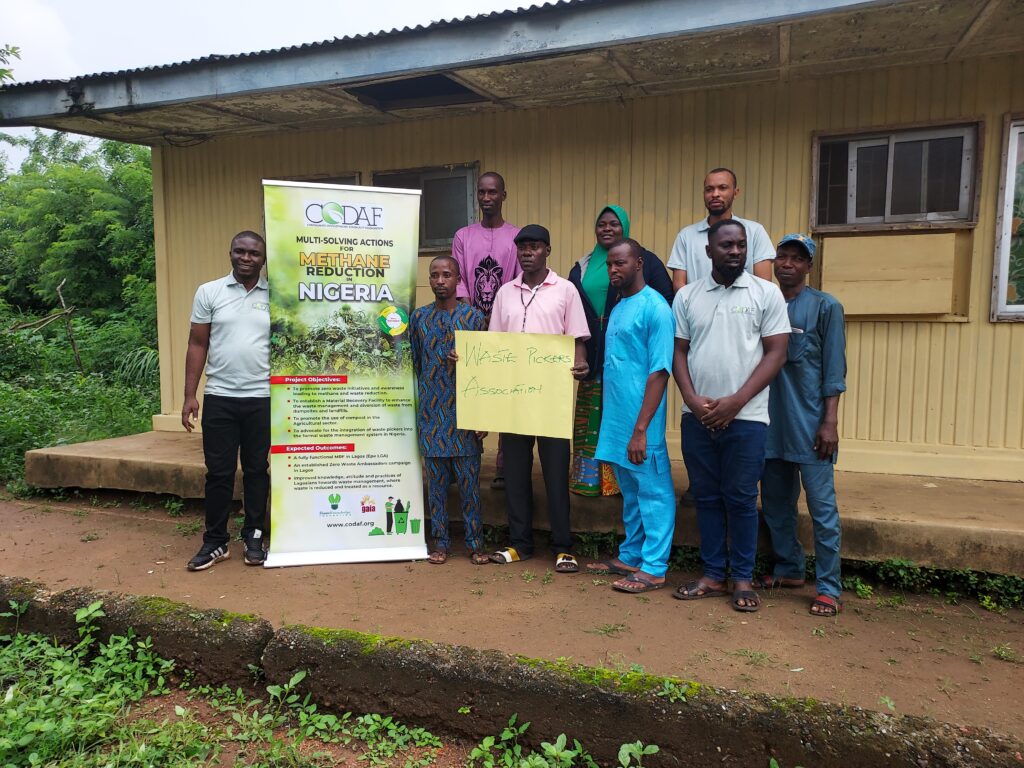
A PLACE FOR EVERYONE—INCLUDING WASTE PICKERS
Importantly, CODAF is deliberately integrating waste pickers, many of whom are migrants from Northern Nigeria and neighbouring countries, into the formal waste recovery process.
Hakeem Genti, Secretary of the Waste Pickers Association and a veteran of the trade, said the initiative offers dignity and opportunity:
“When I got here, I saw an order. I saw value in our work. I have been picking waste for 15 years, now we can do it with structure and get paid for it.”
According to Titigbe, the project seeks not only to give pickers jobs but also to foster harmony between them and the host community.
“We’re saying to them: this is your ecosystem, too. Partner with us, bring your waste here, get paid, and be part of the solution.”
SUSTAINABLE AGRICULTURE, ORGANIC FUTURE
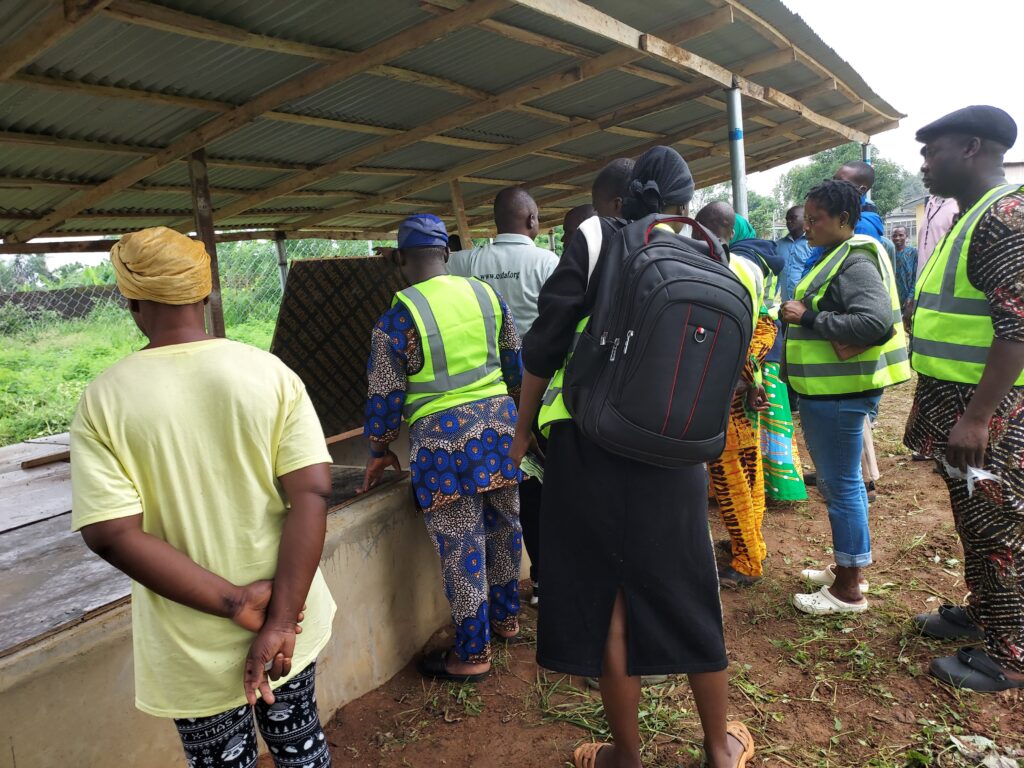
A core part of the initiative is the Zero Waste Farmers Network, which trains farmers to replace chemical fertilisers with organic manure derived from the MRF’s fly-based composting model. This eco-friendly method not only improves soil health but also protects human health and water sources from chemical contamination.
“We’re teaching farmers how to culture maggots using Black Soldier Flies. These maggots are then processed into organic fertiliser and even animal feed,” said Titigbe.
For many local farmers, this is revolutionary. The waste-to-manure method introduces a sustainable cycle: from kitchen waste to fertile soil, from soil to crops, and back again.
A MODEL FOR LAGOS, A VOICE FOR POLICY
The vision doesn’t end in Epe. CODAF plans to scale the model and share lessons learned with policymakers through the Zero Waste Parliament, a proposed state-level forum involving stakeholders such as LAWMA, LASEMA, and the Lagos Ministry of Environment.
“If we can show that this works in Epe, we can push for policies that phase out toxic dumpsites like those in Ojota and Igando,” said Titigbe. “We’re starting from the grassroots, but our eyes are on systemic change.”
Mr. Faith Paulinus, President of the Akwa Ibom-based Zero Waste Ambassadors Network, who came to inaugurate the new Epe chapter, charged the ambassadors to become environmental champions:
“Mobilise, educate, and advocate. Let the people understand that landfilling and incineration are in the past. We’re building the future, one household at a time.”
WHY EPE?
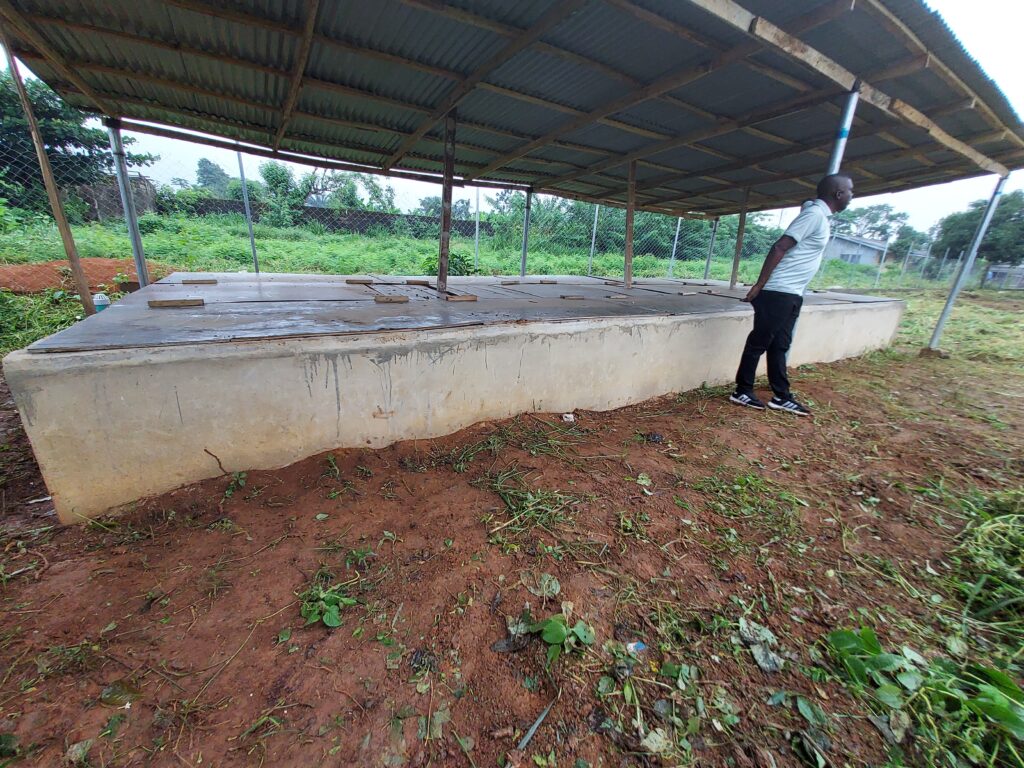
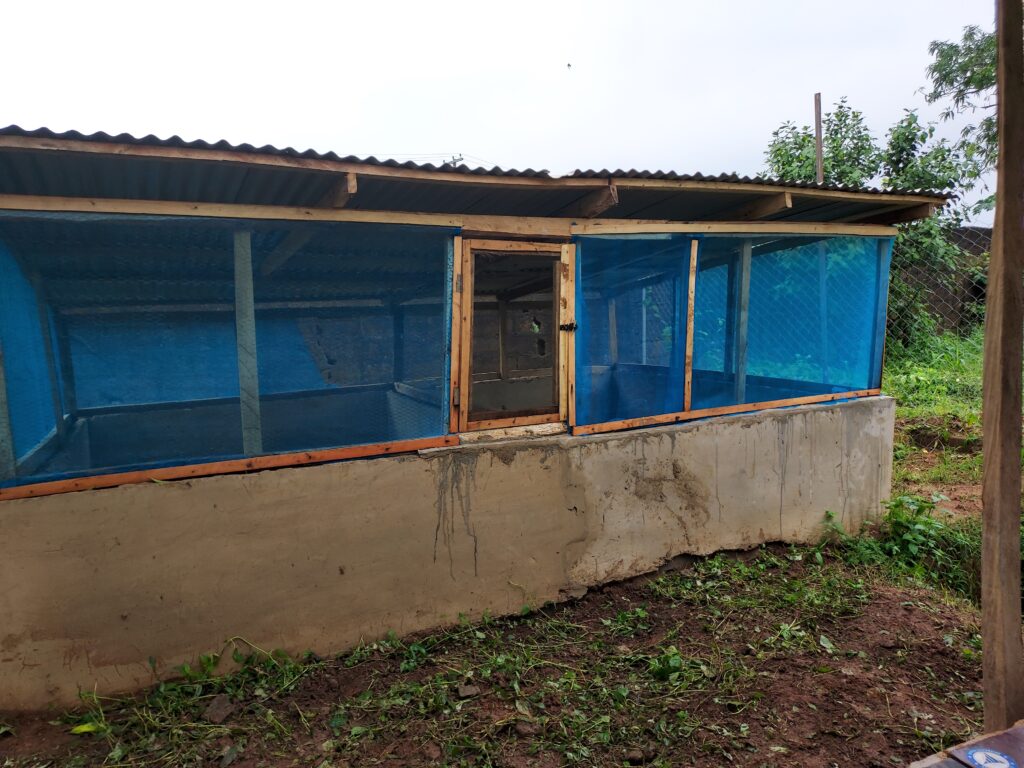
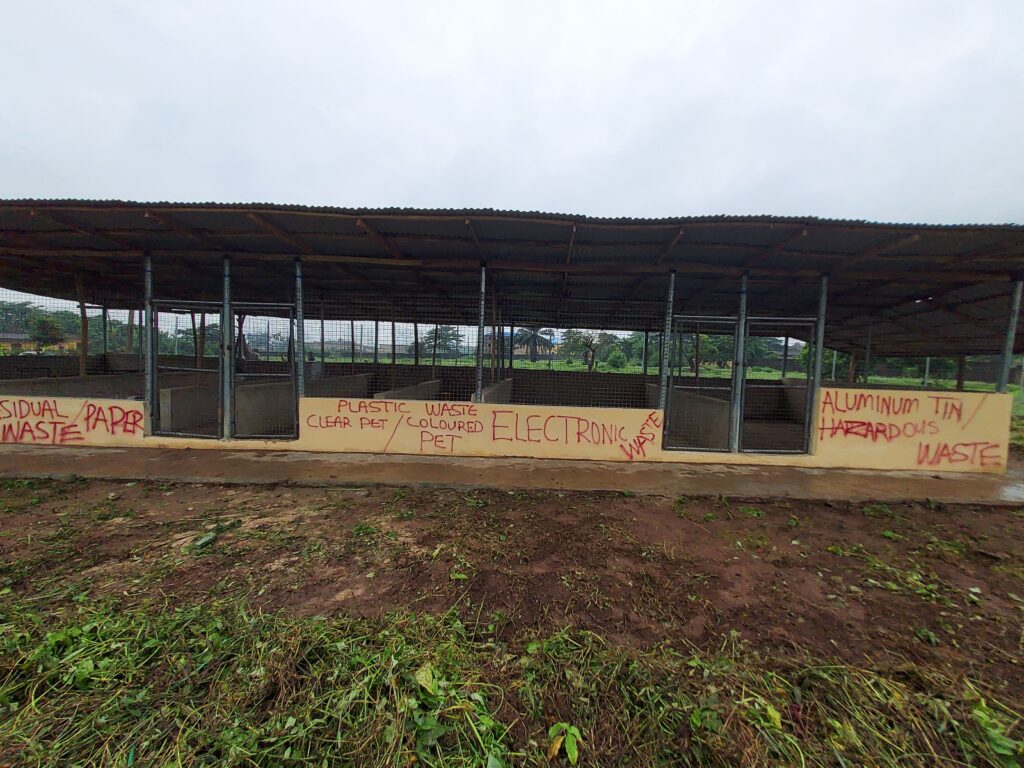
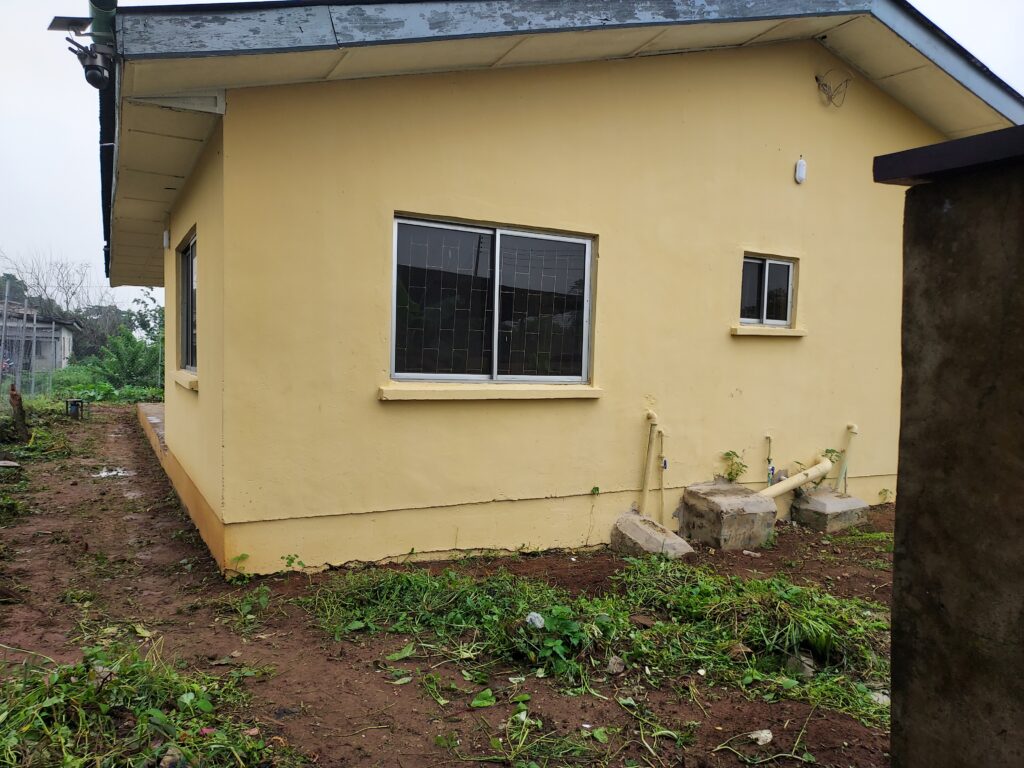
The project team considered other agricultural LGAs like Badagry and Ikorodu, but Epe’s warm reception and deep agrarian roots sealed the decision.
“The local government gave us two plots of land to work with,” said Titigbe. “After two years of implementation, we will hand over this facility to the community. It will belong to them.”
This community-first approach has already earned the trust of farmers like Mrs. Shabi, who added:
“This isn’t just CODAF’s project. It’s our project. Epe people will make sure it succeeds.”
A MODEL OF HOPE
As Nigeria grapples with the twin threats of climate change and youth unemployment, this initiative offers a rare, hopeful model, one where a cleaner environment also means stronger communities and better livelihoods.
By reimagining trash as treasure, the people of Epe, farmers, pickers, officials, and youth, are writing a new chapter in the fight against climate change.
And it all begins with one simple question: What if your garbage could feed your soil, fuel your pocket, and protect your planet?
